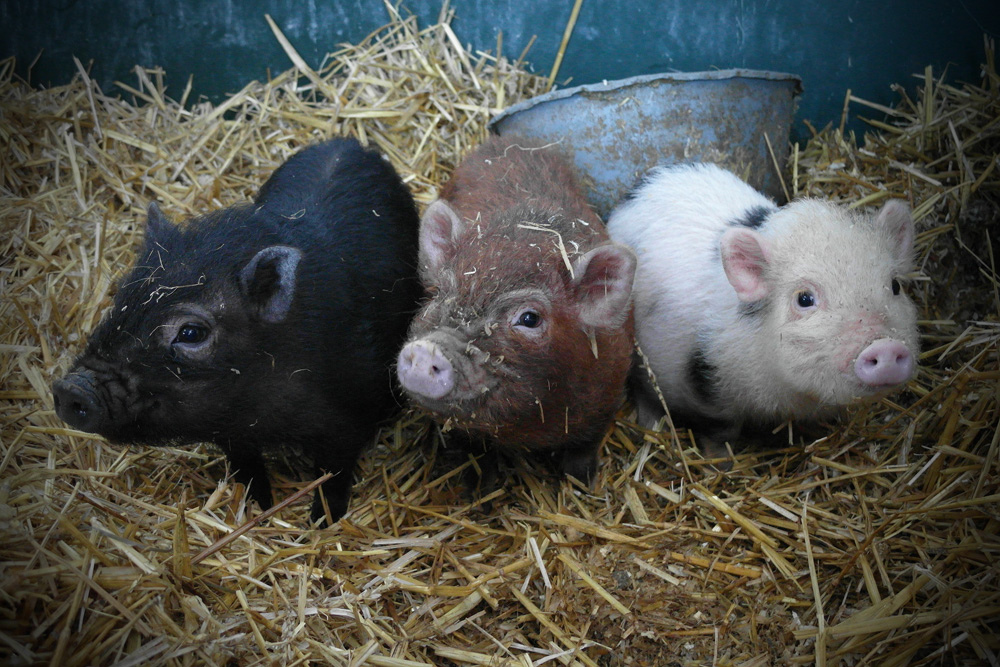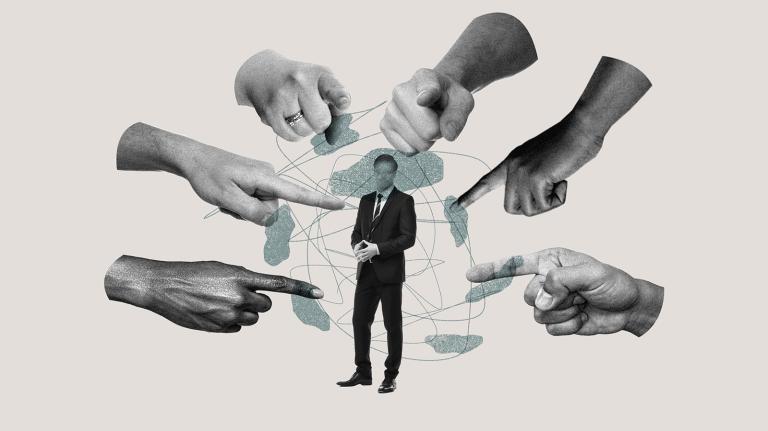I keep watching this video from a hidden-camera prank show (apparently in Brazil). Prank shows, at their best, are basically elaborate psychological experiments that reveal our cognitive biases and allow us to laugh at our own hypocrisy.
You should just watch it — but here are the highlights: You’ve got an avuncular fellow offering sausage samples in a supermarket. People ask to buy some fresh sausage, at which point the man produces an adorable piglet and stuffs it into his “sausage machine.”
I see this as a version of the famous trolley problem, which goes like this: If a trolley was heading toward five people stuck to the tracks, and you could pull a switch to send it instead to kill just one person, would you? Most people say yes. OK. So if trolley was heading toward five people stuck to the tracks, and there was no switch, but you could push a really fat man in front of the oncoming train (which would surely stop it) would you? And to this, most people emphatically say, “No!”
It’s all very well to kill the man by turning a switch, but when you actually have to push him, those foundational moral prohibitions against murder kick in.
The trolley problem demonstrates that when people have a certain distance from an unpleasant choice, they tend to be coldly rational, e.g. yes, please kill an animal so I can enjoy its delicious meat. But when we are directly involved, we feel a strong emotional response, e.g. “Save Wilbur!”
Notice that it’s the sausage maker who becomes the villain, when of course it’s us, the eaters, who are demanding fresh sausage. And this happens all the time with our food system. We search for cheaper food, but we are shocked when farmers respond by getting bigger and mechanized (so as to sell enough cheaper food to make a decent income).
I’m a strong believer in honoring the emotional response. People demand meat and also condemn meat producers for killing. This isn’t stupid; it’s human. We all have these kinds of responses. The best we can do is own them: Let’s stop blaming the butchers out there; they’re just working for us.



